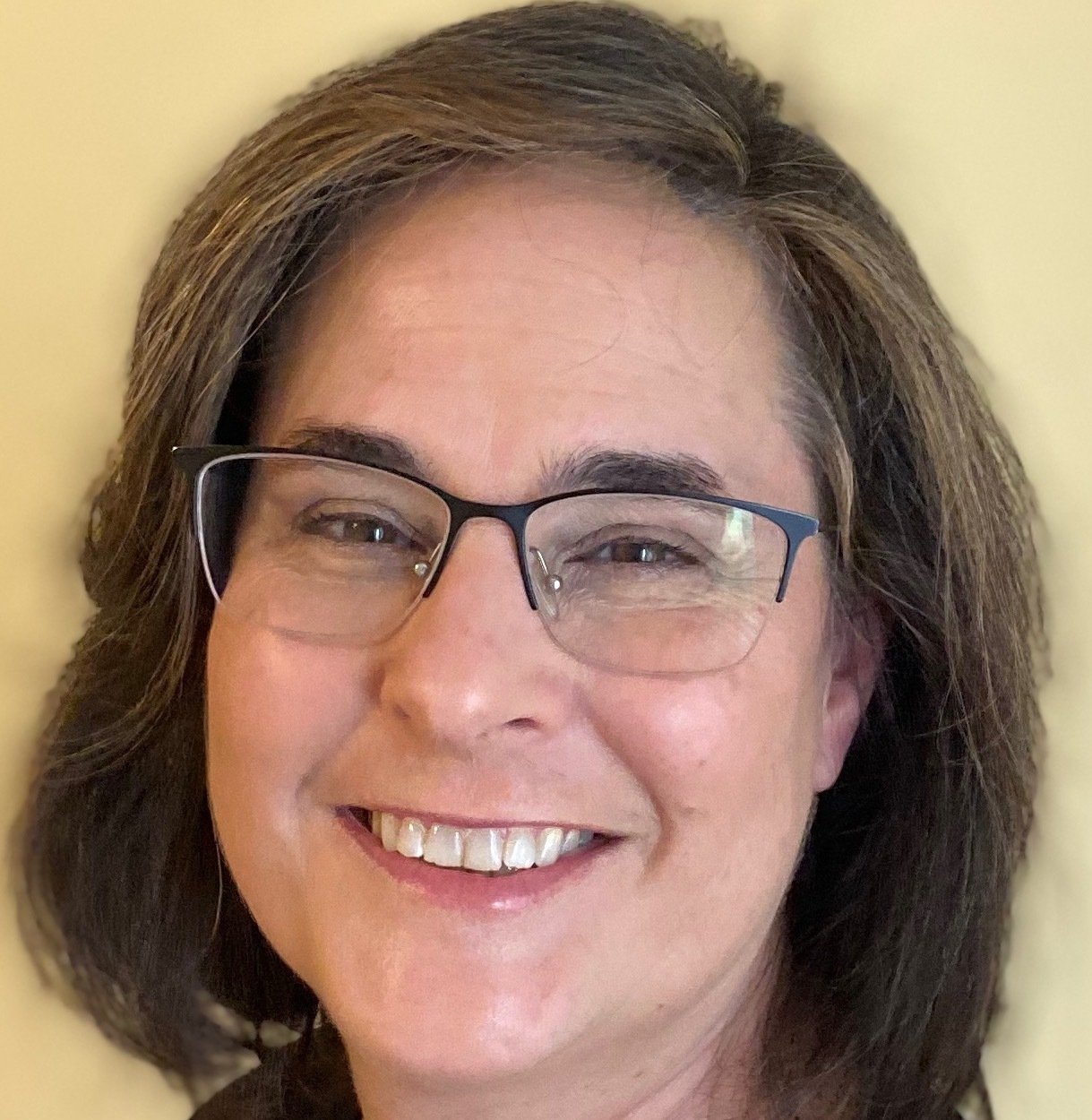
What is Train Montessori?
Train Montessori offers Association Montessori Internationale (AMI) Adolescent level teacher training. The training is delivered by AMI teacher trainers who have undergone years of extensive study and research approved by the organization, as well as many years of experience with children in the level that they train. This ensures that the most qualified trainers are offering consistency and sound pedagogical instruction to adults.
A child-centered educational approach based on scientific observations of children.
Dr. Maria Montessori approached human development from scientific angles of medicine, anthropology and a strong influence of psychology. She observed children’s development from birth to adulthood in many different cultures and concluded universal characteristics all human beings shared regardless of time, space or race. She discovered that children are born with the absorbent mind which allows the child to incarnate the world around them for the construction of his personality. The work of the adults is to facilitate the child’s adaptation to the society and thus they become independent, self-motivated active learners who possess strong emotional, behavioral, and moral foundation.
Role of the adults:
The child is born with innate ability to take in the environment and construct his human characteristics. When they are properly supported with prepared environment and prepared adults, they will reach their full potential.
The prepared adults are known as Director/Directress, or Guide. They function as facilitators supporting the child’s self construction process. The most important work of a Guide is to observe. In order to observe, they must be trained to have the skills as a teacher and the eyes of a scientist.
The Guide links the child with the a prepared environment through presentations. The decisions are made based on observation of the child’s activities rather than following a set curriculum. The child is viewed as a total being who deserves love and respect.
The Montessori assistant’s role is to support the Guide to allow for peace and order in the prepared environment. They are keen observers and are knowledgeable about the individual child’s needs and interests.
Meet the Team
Robin Miller
Executive Director
Tina Booth
AMI Director of Adolescent Programming
Geoff Bigler
Director of Strategy and Prototyping (The Math Institute)
Matt Smith
AMI Adolescent Trainer in Training
DEI, Land, & Labor Acknowledgements
-
Project 41,12 Inc. affirms the Montessori method serves human development regardless of ability, age, cultural background, ethnicity, faith, gender, gender expression, gender identity, ideology, income, national origin, race, or sexual orientation. This mindset begins by actively working to uproot systemic discrimination and our team is committed to breaking down barriers to reduce the disparities we see in Montessori education today. Through genuine partnerships and data-driven strategies, our team tirelessly pursues equitable access to innovative resources.
We remove obstacles to top-tier training, ensuring individuals are well-equipped to nurture development within their communities. We actively foster an inclusive workspace, utilizing the power of collaboration and diverse perspectives, leading us towards a shared vision of global peace and solidarity. Our team intentionally embodies these values.
-
Why are Land Acknowledgements Important?
A land acknowledgement is an important recognition of the territory Project 41, 12 resides on and honors the Indigenous People who continue to live on the land. To not offer a land acknowledgement is to be complicit in the erasure of native peoples. As educators, we have a responsibility to engage ourselves and the learners we support to understand the history of the land we inhabit. A land acknowledgement is the first step toward being mindful of our participation in the ongoing process of colonization and building bridges with Native people to work for the historical and contemporary celebration of their cultures.
Why are there multiple Land Acknowledgments?
As an organization with members in different places across the United States, we find it important to acknowledge the impacts on Indigenous peoples in each location. We commit to raising awareness of these people’s past, present, and future.
Ohio Land Acknowledgement
We want to express our deepest empathy and respect for the Indigenous peoples who have inhabited Northeast Ohio for thousands of years, including the Erie, Miami, Ottawa, Shawnee, Wyandot, and other communities, and who continue to live and work in these lands. We recognize the profound impact colonization has had and continues to have on their lives and cultures, and we understand acknowledging their historic and ongoing relationships with this land is an important step towards reconciliation and healing. We are committed to working together with Indigenous peoples to create a more just and equitable future, where their sovereignty, cultures, and histories are fully recognized and celebrated.
For more information about the historic and systemic treatment of Indigenous People in the Northeast Ohio region, please follow the links below:
https://www.wernative.org/articles/the-urban-relocation-program
https://www.archives.gov/education/lessons/indian-relocation.html
https://shawnee-nsn.gov/ (Oklahoma)
https://wyandotte-nation.org/ (Oklahoma)
https://www.wyandot.org/wyandotKS/ (Kansas)
http://www.miamiindians.org/ (Indiana)
https://www.miamination.com/about-us/ (Oklahoma)
https://www.ottawatribe.gov/ (Oklahoma)
Washington Land Acknowledgement
When colonization began over a millennia ago, Southwest Washington was inhabited by the Chinook and Cowlitz tribes. Additionally, numerous other tribes from the broader Pacific Northwest frequented this region, engaging in trade aided by the Columbia River and its interconnected water routes.
For more than a thousand years, the Chinook, Cowlitz, and other smaller tribes flourished here, fostering a harmonious and sustainable rapport with the natural world. Today, we center the indigenous values that are continued to be passed down from generation to generation and are still practiced today on these lands.
For more information on the Indigenous People in the Pacific Northwest region, please follow the links below:
-
We empower our community to confront the uncomfortable truths woven into the fabric of our nation, truths that speak to the enduring legacy of stolen labor and exploitation. Our country and our institutions stand on foundations laid by enslaved people, including but not limited to Indigenous peoples and people of African descent. Many were forced from their homes and into servitude. Their labor, extracted through violence and coercion, laid the groundwork for the vast wealth and prosperity enjoyed by the few while their humanity was denied.
We acknowledge that immigrant labor, both voluntary and coerced, has shaped our nation's landscape. From the Chinese immigrants who built the railroads, Japanese Americans whose livelihoods were taken during World War II, to the migrant agricultural workers from the Philippines, Mexico, and Central and South America. Contributions and experiences by those marginalized by race, ethnicity, age, and status are woven into the very framework of our society. Moreover, we cannot ignore the unpaid caregiving labor, often performed by women, that sustains our communities yet remains undervalued and invisible.
We recognize the history of child labor and exploitation as a violation of their human rights. As an organization dedicated to the training and development of adults working with children and adolescents, we acknowledge the significant historical role of child labor in the construction and development of the United States. Maria Montessori called the child the forgotten citizen, and as Montessori educators, it’s our responsibility to uplift the child and to make known their stories that have been historically excluded.
Reflecting on these histories, we must recognize the profound debt we owe to those whose labor built this nation. The theft of generational progress is our collective responsibility to reckon with these truths, to repair the harm inflicted, and create a future where all labor is valued, all contributions honored, and all individuals afforded dignity and justice.

“The greatest sign of success for a teacher... is to be able to say, ‘The children are now working as if I did not exist.’”






